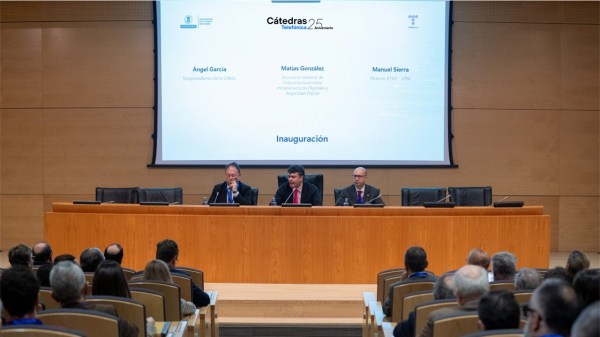 A new mobile generation has appeared approximately every 10 years since the first 1G system was introduced in 1981. Europe has been leading the adoption and development of the first generations. Europe is now lagging behind in 4G generation, trying to catch up.
A new mobile generation has appeared approximately every 10 years since the first 1G system was introduced in 1981. Europe has been leading the adoption and development of the first generations. Europe is now lagging behind in 4G generation, trying to catch up.
5G is referred to as beyond 2020 mobile communications technologies, after current 4G standards. From a user point of view the difference between 4G and 5G techniques may be something else than increased peak bit rate. For example higher number of simultaneously connected devices, lower battery consumption, higher versatility and scalability or converged fiber-wireless network.
And it is true that there is a large debate on what 5G is exactly about.
5G is happening in a whole new world. We know that every wave of innovation gives opportunities to rebalance leadership between companies, industries and geographies. Europe, led the development of mobile technology with the GSM standard. Now, Europe seems to be risking losing technological leadership, and the boat of digital revolution.
Therefore for the future, the question is: Will Europe be able to recover the leadership in the ICT sector in the 5G era?
We want to stay ahead of consumer demands and deliver innovative services and products. But, for this to happen, operators and Europe should fully capitalise the opportunity of the internet revolution in the 5G era.
Carlos López Blanco participated in the Digiworld summit 2014 last week in Montpellier where he explained his view on the challenges and opportunities for European Telco companies in the 5G era.
Not to miss the boat of global digital industry, and stay ahead of consumer demands is a complex issue that requires coordinated actions between the private and public sector.
Operators we need to face the challenges ahead, with excellence in basic assets (network capabilities, customer care, operations), investing in environment and partnering with others, to best serve our customers and capture the value of data, in the age of 5G.
But moreover a real change in policy is needed in Europe, to go from diagnosis to delivery, accelerating policy transformation, with clear focus on supporting European networks and digital services with a more market led and less regulatory driven approach, favoring investments & innovation. Policy makers should revise consolidation and competition framework allowing speed to scale and efficiencies, when competing with global champions, in new digital industry. And lastly, they should apply a level playing field of “same services-same rules” to all elements of value chain and with other regions.












